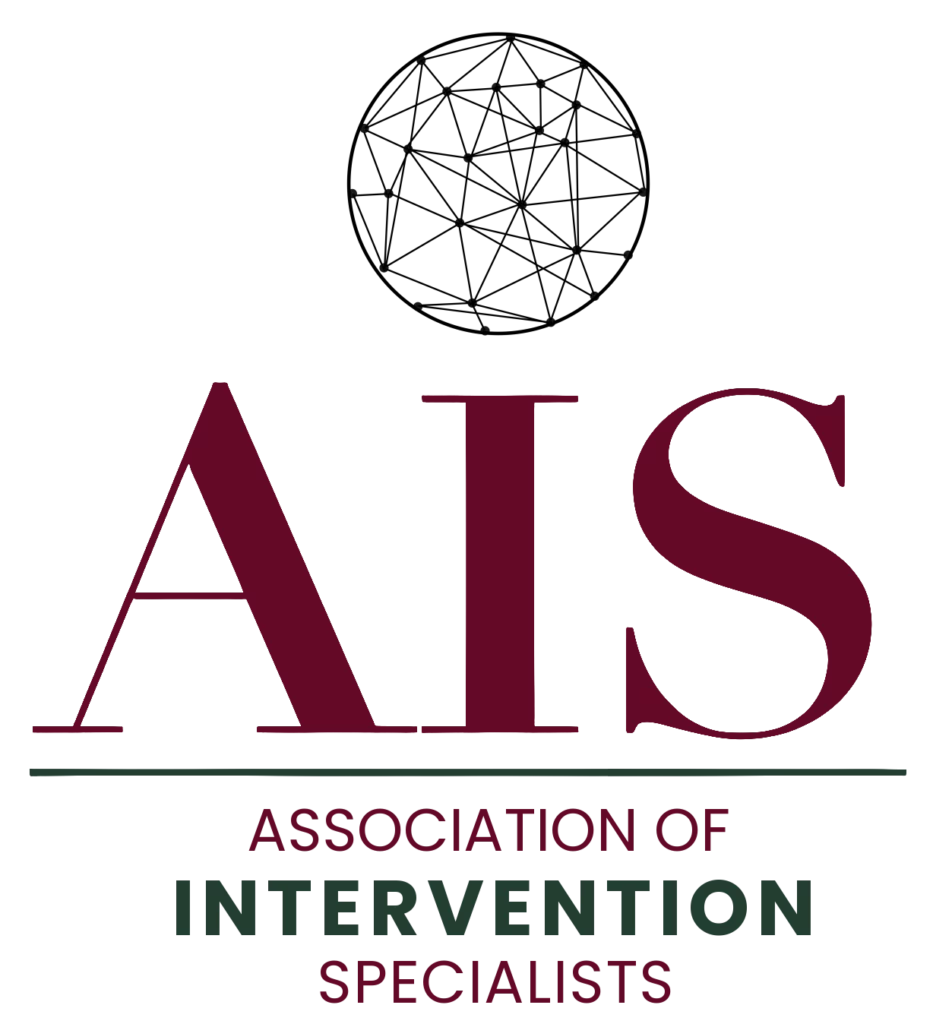Learn About Intervention
What is an Intervention?
Intervention is an opportunity to interrupt a person’s destructive life patterns. It’s a Starting Point to Change. There are several types of intervention. Some common models of intervention are the Johnson Model, ARISE Intervention Model and the Love First Model of Intervention. All models have the goal of healing the family system and helping your person accept treatment.
Interventionist?
The interventionist is the individual who helps identify the appropriate people in the life of a person who is experiencing substance use, mental or behavioral health problems that will become an influential part of a recovery team. The team will enable their person and family to accept treatment and recovery. The interventionist supports, educates, provides guidance, direction and training, as well as the facilitation of the intervention and aftercare. All full members of AIS are Certified Intervention Professionals. We believe that this credential is key in identifying an individual with a high level of training, education, supervised experience and ethics.
An interventionist is a helpful tool for individual, family members, colleague or friend who is resistant to addressing his or her problem. When people are initially resistant and then enter treatment due to an intervention and therapeutic relationship with an interventionist, they and their network do very well due to the support, networking, collaboration and aftercare.
Why use a Certified Intervention Professional?
AIS firmly believes that is it is imperative to use an interventionist that is highly trained and skilled in family systems and successful intervention techniques. We believe our members meet the standards of excellence and uphold highest ethical standards. A CIP, can use their knowledge and skill to guide, educate and support the family while offering the best treatment options available to the families and clients that they are working with. They are also able to make referrals to other CIP’s if the intervention is not within their scope of practice. It is always good to utilize a CIP, to help diffuse any anger and frustration that your person may project during the intervention and to help keep the focus on your persons need to seek help and not any other dysfunction in the system.
Do Interventions Work?
Research suggests that up to 90% of interventions succeed at getting the person into treatment. Will my person find and maintain a lifestyle of recovery is up to the amount of effort that is put forth from your person and their surrounding support system.
Through the process of the intervention with the educate and support, the family system in changed and regardless if your person goes to treatment or not, the system will never be the same. Therefore, every Intervention is successful.
What an Intervention is NOT:
An intervention is not the place to attack, criticize or condemn.
What an Intervention is:
An intervention is the most loving thing you can do for any person suffering from a substance use, mental health and/or behavioral health disorder. Reach out today!!! It will be the first step in getting your life back and help your person regain theirs.
Now what?
Contact an Interventionist and let them guide you through the process.

